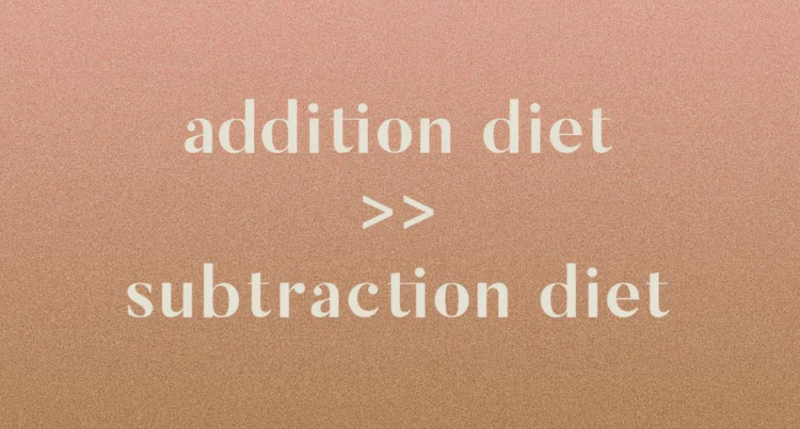Have you ever stopped to wonder why everyone's talking about meeting those daily protein goals? Well, let me tell you, the buzz is real, and having protein in your diet is seriously important – and it's not just about muscles, my friend! Did you know that it can help you achieve sustained energy levels throughout the day by regulating your glucose levels? Read along to know how protein does that.
Protein: Beyond Muscles
Protein, made up of amino acids, is renowned for tissue repair, especially muscles. Yet, its role doesn't stop there. It's like a multitasking nutrient.
Imagine protein as the ultimate balancing act for your energy levels, teaming up with carbs, fats, and fibre to keep you feeling vibrant and energised all day long. Let's jump into how protein can make you feel peppier every day.
Balancing Act: Slowing Glucose Release
Don't you hate that post-meal fatigue that leaves you wondering if you could sign up for a nap right then and there? Let's put on our detective hats and consider this: was your recent meal all about carbs, with protein taking a rain check?
A meal with just carbohydrate-rich foods provides a sudden burst of energy because carbs are digested in a jiffy, sending glucose racing into your bloodstream. However, this can lead to what's commonly known as 'sugar crashes,' leaving you feeling sluggish and low on energy after a few hours and often leading to more cravings for carbs.
While carbohydrates are undeniably a primary energy source for our bodies and play a critical role, achieving a balance with proteins, fats, and fibres is equally important.
Unlike carbohydrates, protein takes approximately 3-4 hours to fully digest. When you have a balanced meal that combines protein with sufficient fats and fibre, alongside carbohydrates, the presence of protein effectively decelerates the breakdown of carbohydrates. This, in turn, leads to a controlled and gradual release of glucose into the bloodstream.
This controlled release is akin to a slow and steady water flow, as opposed to the gushing rush of a waterfall. The result? A slower rise in blood glucose levels reduces the risk of sudden spikes that can cause energy crashes and increased insulin responses.
Feeling Fuller, Longer
Another benefit of protein having a protein-rich diet is its effect on satiety. Including protein in your meals can help you feel fuller for a longer duration. This unique ability to make you feel satisfied can work wonders – it helps you avoid overeating, keeps your appetite in check, and even helps you manage your weight by putting a brake on gobbling down lots of high-carb treats.
A great way to take advantage of this is by including in your breakfast - foods rich in protein such as chickpeas, paneer, eggs or a delicious protein shake. This will help keep you feeling satisfied until your next meal rolls around.
Protein: Your nutrition Hero
Now that you know how crucial it is to include protein in your diet, here are some things that you need to keep in mind before you rush to the kitchen to make your favourite protein-rich meal.
- Even distribution - Instead of loading up on protein in one meal, aim for a consistent distribution of protein intake across your meals and snacks throughout the day. This approach ensures a steady supply of amino acids, supporting your body's efforts to regulate blood sugar levels evenly.
- Thoughtful Snacking: Choose protein-rich options when snacking to maintain stable blood sugar levels between meals. Snacks like nuts, Greek yoghurt, protein pancakes or cottage cheese can help prevent rapid glucose spikes and subsequent crashes.
- Begin with protein: As you sit down for a balanced meal, kick things off with protein-rich foods like legumes or meats. Then, follow up with carbs and fibre. This protein-first approach slows down the digestion of upcoming carbs and fats, resulting in a gradual glucose release, preventing sudden spikes.
So, the next time you sit down to eat, consider giving protein a prominent seat at the table. It's not just about muscles – it's about creating a balanced and holistic experience for your body. Here's to a healthier and more energetic you!











